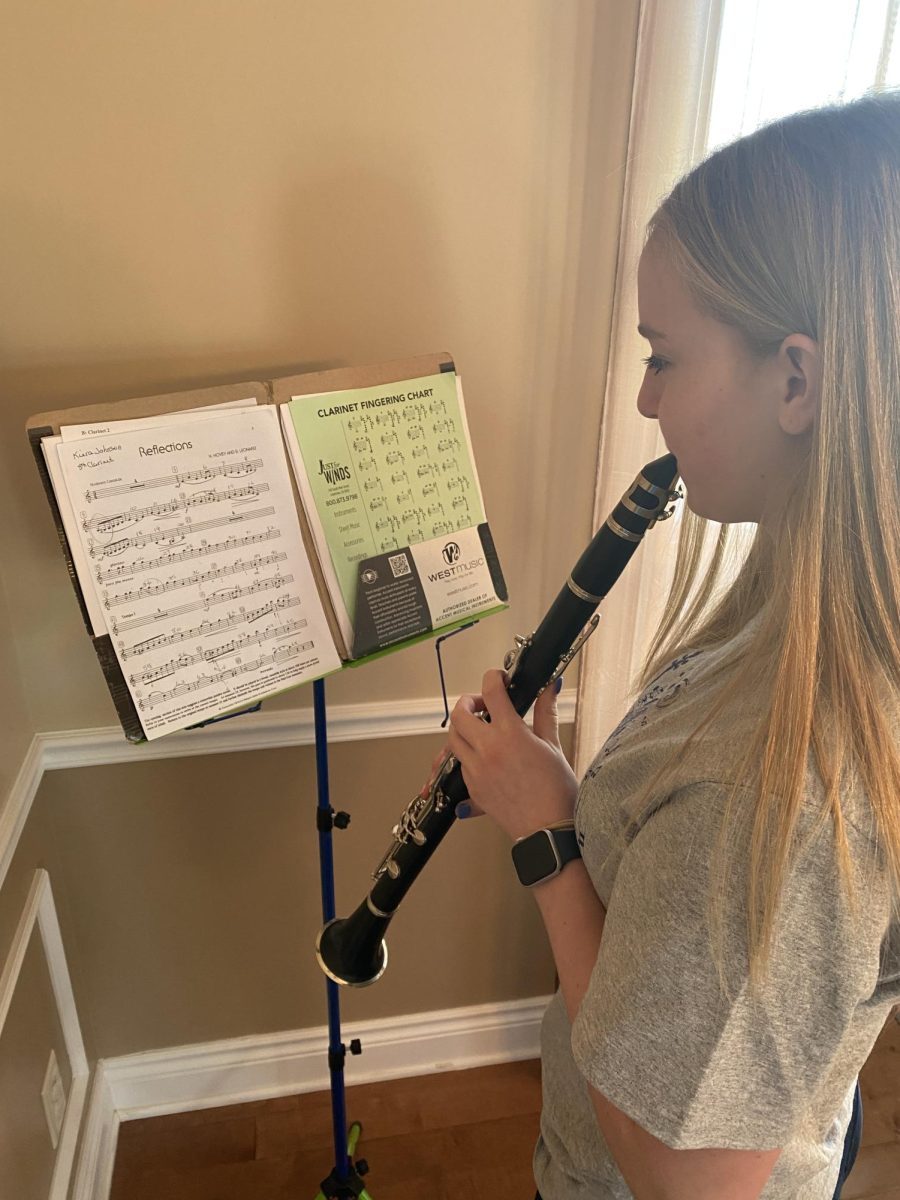Until this school year, Pleasant Valley High School maintained a quarter-based grading system.
A quarter-based grading system consists of a school year split into two semesters, each semester being two quarters. In this system, a student must receive a letter grade from their teacher, based on the level of achievement in a course of each quarter, which is about eight weeks. The final grade of each semester is based on an average of the two quarters.
However, this school year, PV administration influenced teachers to use the semester-based grading system.
The key difference between a semester-based grading system and a quarter-based grading system is that in the former, there is not a concept of quarters, so there are no quarter grades to average. Instead, the teacher just gives the student a final semester grade according to their performance that semester.
If set up correctly, a semester-based grading system does not give students any advantage over a quarter-based system; they will end up with the same grade, regardless of the system.
However, AP Physics Teacher Ian Spangenberg described some of these faults with the quarter-based system. “In AP Physics two, there are seven units we learn in the year. In second semester, we have two main unit tests in third quarter, and one unit test fourth quarter, and it wouldn’t make sense to make that unit seven test worth more than the other two unit tests,” Spangenberg stated.
The semester-based system avoids this fault because there are no quarters to average out and this gives equal weight to each unit test, as in the case of Spangberg’s AP Physics 2 class.
Although the semester-based system helps with that fault, Junior Rithik Vijaykumar described the positive side of the quarter-based system. “Whenever I don’t do the best in first quarter, getting a hundred percent after one assignment or test in the second quarter brings my semester grade much higher than it was before. Although mathematically this doesn’t matter, psychologically, this motivates me to continue to work harder to keep my high A.” Vijaykumar expressed.
Junior Rithwick Lakshmanan also described that the quarter-based system had benefits. “The first quarter grade of a semester helps me understand how to go about doing things such as studying, practicing and learning in a class. The second quarter gives me the chance to have a fresh start and apply the lessons learnt from first quarter, to, in the long run, get a better grade.” Lakshmanan expressed.
This motivation caused by the opportunity to “reset” a student’s grades with a new quarter, can start a fire in students to academically perform better in classes.
Another possible positive aspect of a quarter-based system is that students might perform better overall due to quarterly deadlines. With the teachers needing to submit grades for their students by the end of the quarter, the students are forced to finish their late work with the same deadline to get any possible credit for those assignments.
With a semester-based system, students are less concerned since they think they have the whole semester to finish the assignment, but when the end of the semester time comes around, all their late work needs to be done in that trivial time frame, causing their work to be done with less time and effort put into them.
Ultimately, the choice between these grading systems comes down to the school’s goals and preferences.


















